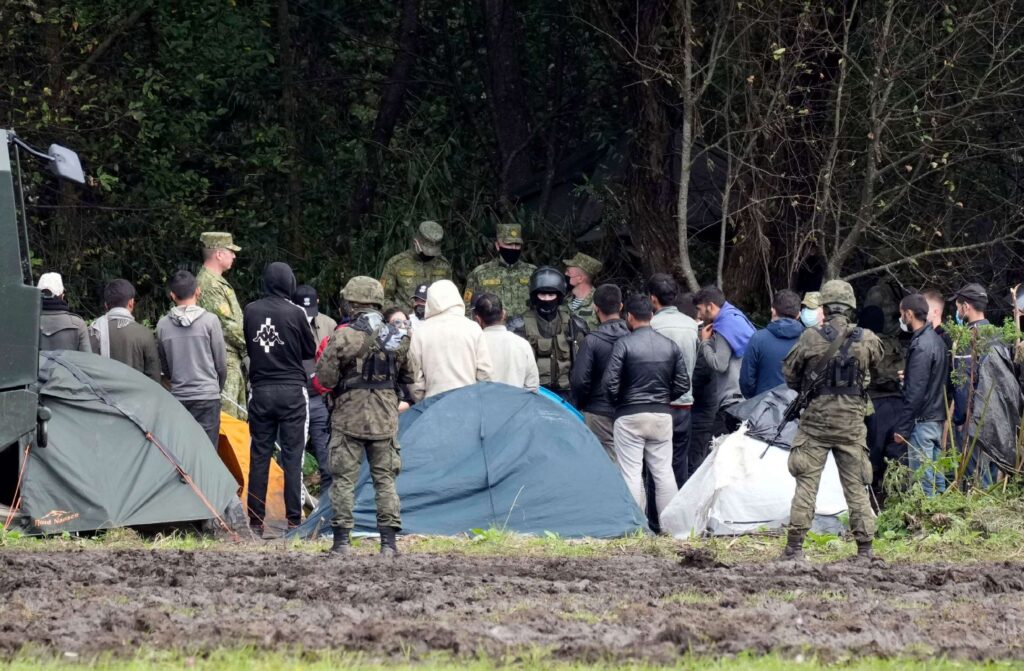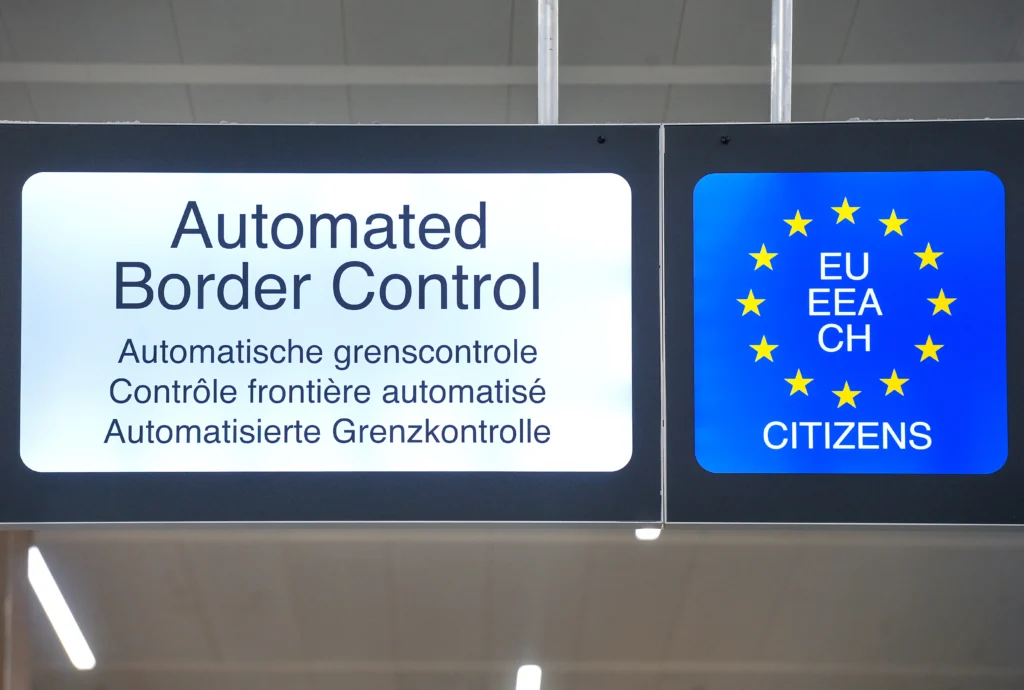EU’s New Migration Pact Moves Forward, But Rollout Remains Uneven
The New Pact on Migration and Asylum is scheduled to come into force in June 2026, aiming to create a more unified system across the European Union for handling asylum requests, relocating migrants, and sharing responsibilities. The plan introduces a mandatory solidarity mechanism, meaning EU countries will either need to accept a share of asylum seekers or provide financial contributions to support others.
While the pact is moving ahead overall, its implementation is proving to be uneven. Some countries are resisting key parts of the agreement. Poland, for example, has openly refused to take part, saying the pact infringes on its national sovereignty. This pushback highlights growing divisions within the EU over how to manage migration fairly and effectively across all member states.
Irregular migration down 20% in 2025
Frontex reports a significant drop in irregular migrant entries—down 20% across EU external borders in the first five months of 2025, especially in the Balkans, Western Africa, and Eastern Mediterranean
Technology, Borders & Entry Systems
EES (Entry–Exit System) & ETIAS launching in 2025–2026
The EU is rolling out the Entry–Exit System for digital tracking of non‑EU entries/exits, replacing passport stamps, and pairing it with ETIAS visa waivers likely to launch late 2025
Bulgaria & Romania join Schengen (Jan 1, 2025)
Both countries are now part of Schengen land borders—no more internal checks—while a single EU-wide digital visa application platform is planned by 2026–2028

Greece has temporarily paused accepting new sea arrivals for three months in response to a recent surge of migrants coming from North Africa. During this period, authorities may also detain asylum seekers for up to 18 months while their cases are being processed.
Poland reintroduces border controls
Facing claims of Belarus-driven migration, Poland reinstated border checks with Germany and Lithuania as part of a broader “tough stance”—including suspending asylum rights, despite EU objections
Belgium under Flemish PM De Wever tightening immigration
New Prime Minister Bart De Wever has made it clear that his government will focus on tightening migration policies, while also pushing ahead with reforms to the welfare system and strengthening national defense.
Slovakia: tighter business residency quotas and visa processes starting July 1, 2025
Greece Golden Visa raised
Minimum real-estate investment for residency is now €800K in major zones (€400K elsewhere), to ease domestic housing pressure

